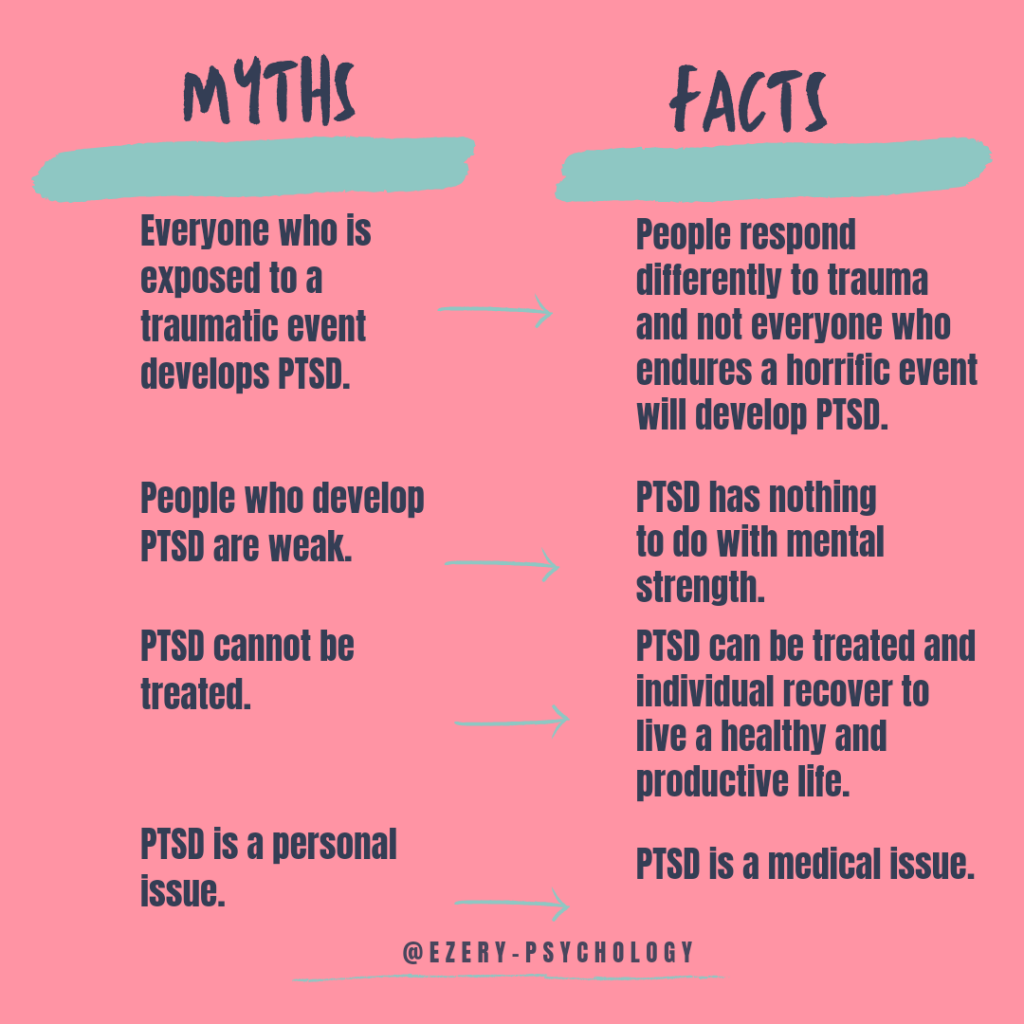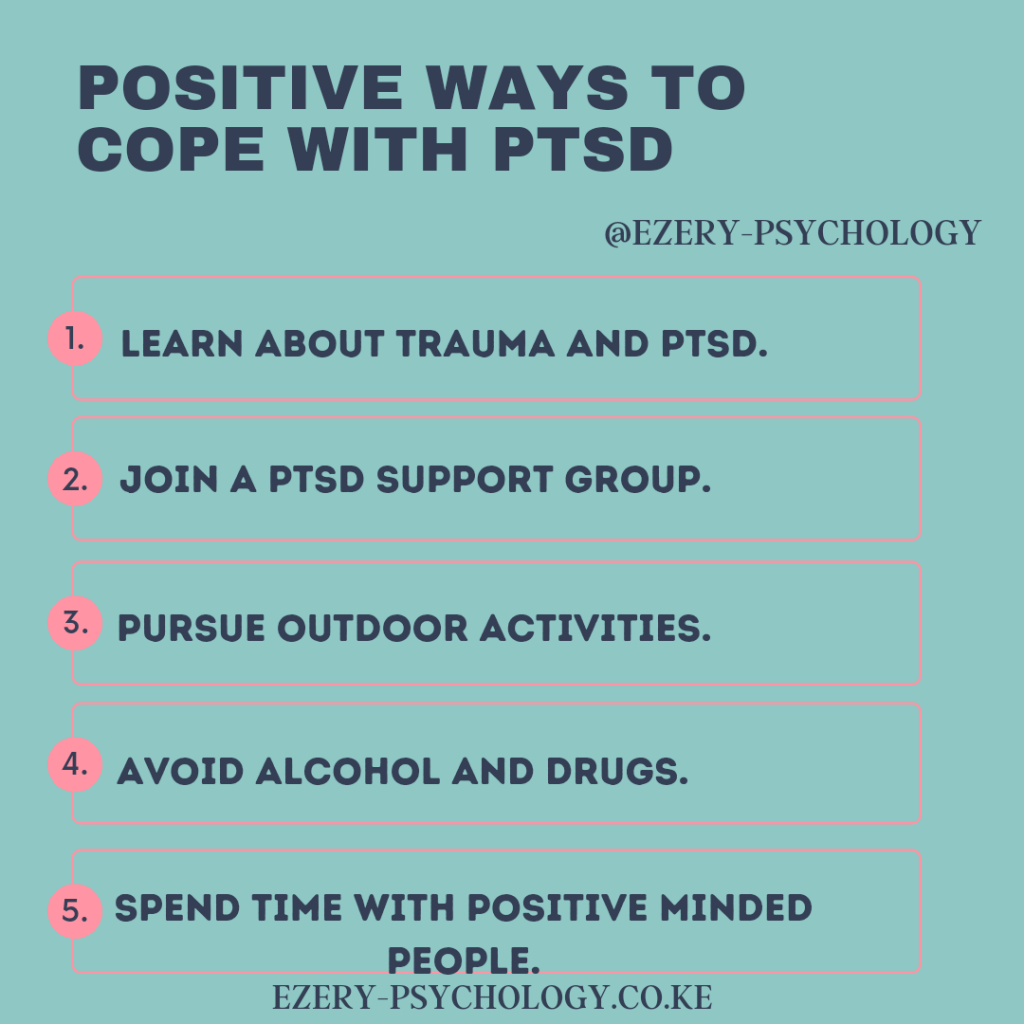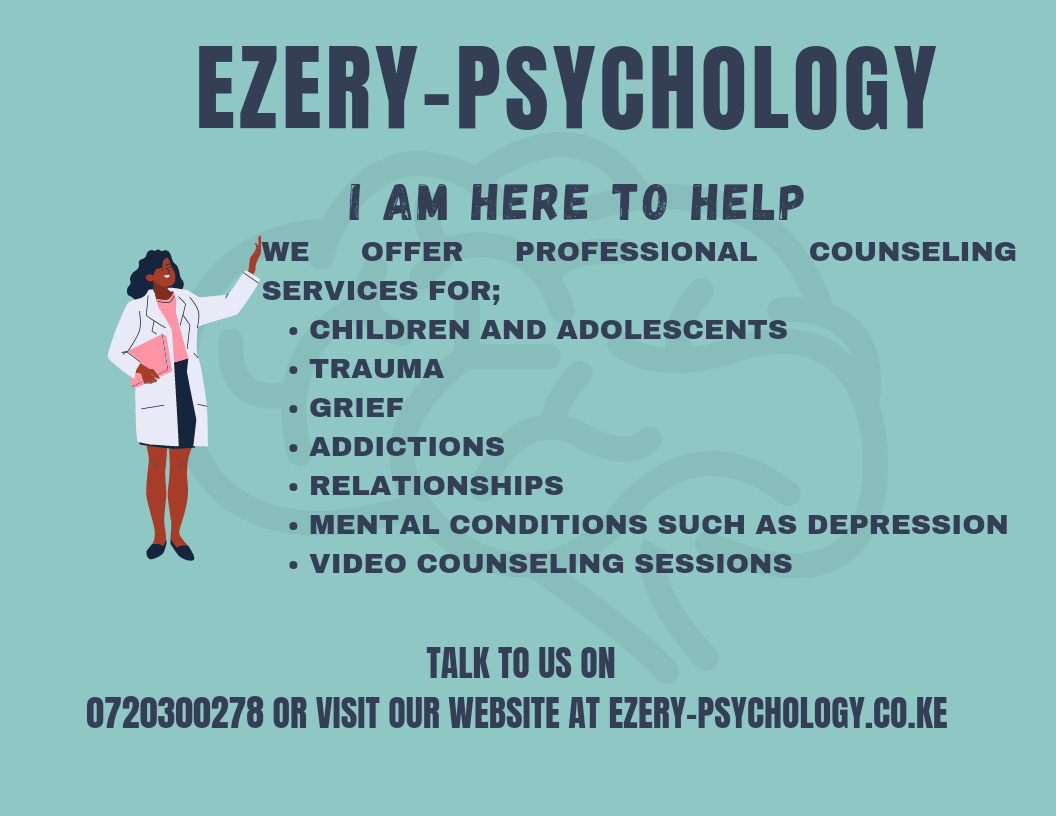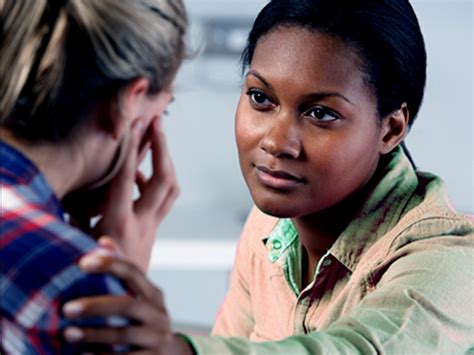PTSD is a very common mental health condition. You may have heard the term being used a lot. However, what do you know about the condition? There are a lot of myths about the condition, which this post will be debunking.

What is PTSD?
PTSD, known in full as Post Traumatic Stress Disorder, is an anxiety disorder that develops when a person is exposed to a traumatic event.
A traumatic event is an incident that causes physical, emotional, psychological, and spiritual harm to an individual.
Who can suffer from PTSD?
ANYONE can experience PTSD if they are exposed to a traumatic event. NOTE that you do not have to be a direct victim of a traumatic experience to suffer from PTSD. You may have witnessed a traumatic event or provided care to a victim of the event (like first responders). It occurs in adults, kids, and seniors. However, it is worth mentioning that according to research, men are more likely to suffer from PTSD than women. This is primarily because they are not as open with their feelings and rarely seek help compared to women.
What are the symptoms of PTSD?
You will know if you or someone around you has PTSD if you witness the following symptoms:
Intrusive memories
This may include:
- Repetitive and undesirable memories of the incident
- Flashbacks of the incidence (remembering it as though it was happening again)
- Disturbing dreams about the event
- Emotional distress and physical response to anything reminding you of the event
Avoidance
This may occur in the following ways;
- Attempts to abstain from talking of the event
- Staying away from anything (places, people, exercises) that remind you of the event
- Adverse changes in your way of reasoning and disposition
Emotional symptoms
Such symptoms include:
- Negative thoughts about yourself, other people, and the world in general
- Sadness when thinking about what is to come
- Trouble keeping up comfortable connections
- Feeling segregated from the world and your loved ones
Psychological symptoms
Examples of these symptoms are:
- Memory issues (like forgetting significant parts of the traumatic event)
- Absence of interest in things you once enjoyed doing
- Trouble encountering positive emotions
- Feeling numb (emotionally and sometimes physically)
- Being in a state of constant anxiety
Note that the symptoms of PTSD do not necessarily develop immediately after exposure to the traumatic event. In many cases, the symptoms may begin even years after the event. For instance, someone who went through abuse as a child may experience PTSD as an adult.
What are the causes of PTSD?
As mentioned earlier, you can experience PTSD when you experience, witness, or find out about a disturbing event. However, PTSD can also be caused by:
- Childhood trauma (like physical, emotional, or sexual abuse)
- Trauma in which someone may have died, or you may have gotten injured
- Loss of a loved one in a terrific accident
- Sexual assault
- Exposure to a traumatic event like an accident
Tips for preventing PTSD
Below are some tips on how you can prevent PTSD symptoms from occurring:
Reduce the impact of trauma
You can do this by:
- Looking for positives and learning from the traumatic incidences
- Learning how to respond and react to fear
- Trusting in yourself and your choices
Creating a network of support
You can also prevent PTSD by creating a support network. This may include personal and professional relationships.
Develop a friendly lifestyle
This can include doing things like:
- Getting adequate exercise
- Getting enough sleep
- Setting goals
- Dividing large tasks into small portions
- Spending time with loved ones
Seeking professional help
It would also help to seek professional assistance if you experience a traumatic event. This can be a therapist or mental health practitioner. Talking about the traumatic experience after it has occurred will help keep negative emotions and symptoms of PTSD from cropping out later.
The results of PTSD
PTSD can result in other mental health and general issues like:
- Depression and anxiety
- Suicidal thoughts and actions
- Dietary issues
- Medication and drug abuse
- Isolation
What do you if you are experiencing symptoms of PTSD?
The first thing you should do is visit a mental health professional. Doing this will help you from turning to unhealthy coping mechanisms like alcohol and drugs. These coping mechanisms could result in more severe issues like the ones listed above.
Treatments for PTSD
Below are some of the primary treatment techniques for this mental health disorder:
Therapy and counseling
Various types of therapy and counseling techniques can be applied in the treatment of Post Traumatic Stress Disorder. All you have to do is approach a mental health professional, and they will come up with a tailored plan to help you deal with the condition.
Hypnosis or hypnotherapy
This is a form of therapy that helps patients work through trauma so they do not experience harsh symptoms. Note that this treatment must be overseen by a licensed professional. It may take a while to produce results. In hypnotherapy, relaxing recordings and meditation content can be used.
Medication
Anti-psychotics can be used to treat PTSD. It is worth mentioning that these medications do not treat the condition but its symptoms.
Coping with PTSD

Other than getting treatment, you can also cope with this condition by:
- Learning about the trauma and post traumatic stress disorder
- Joining a PTSD support group
- Pursuing outdoor activities
- Avoiding alcohol and drug use
- Spending time with positive-minded people
Conclusion
With the information above, it should be easy for you to identify PTSD symptoms in a loved one or yourself. You should also know what to do to keep the condition from occurring and how to cope if you are already experiencing the symptoms.


This is so helpful